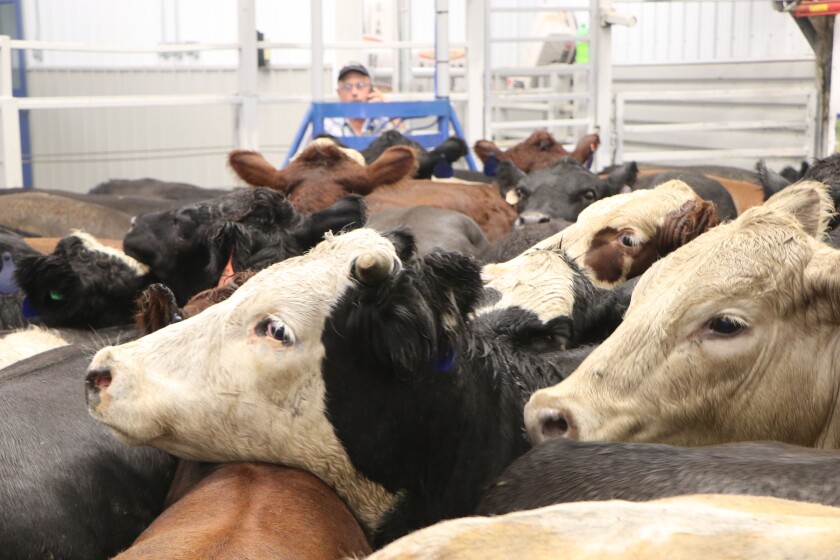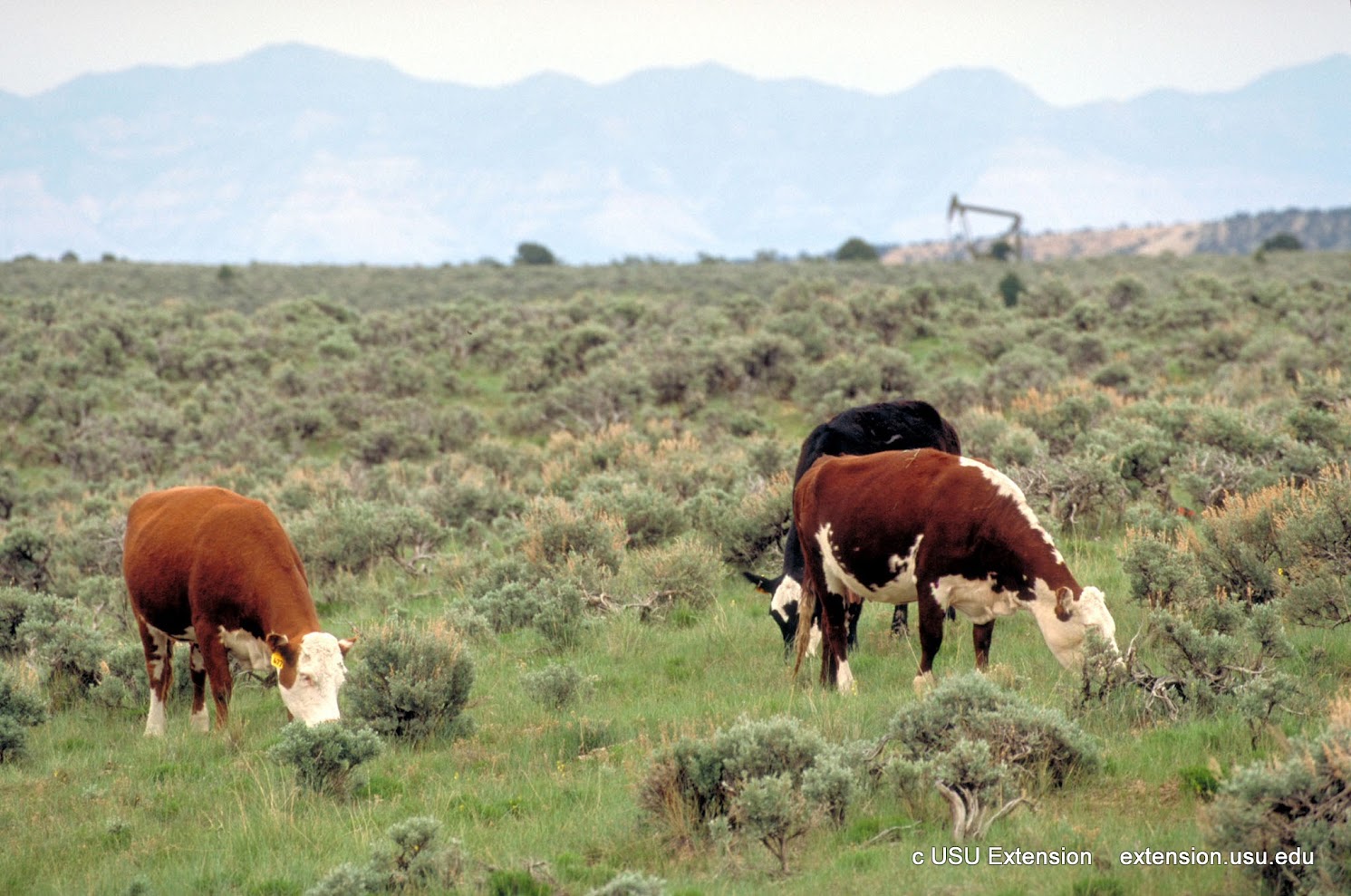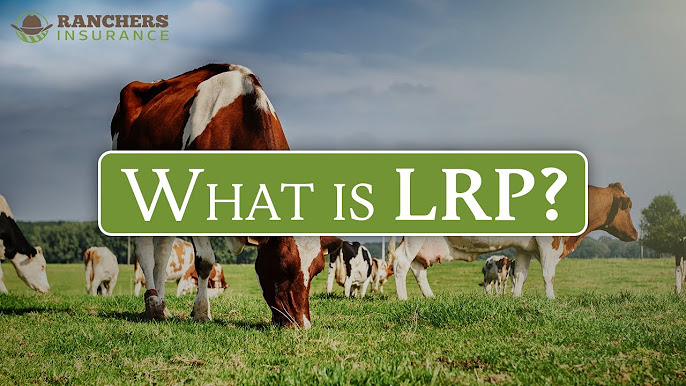Comprehending Livestock Risk Security (LRP) Insurance Coverage: A Comprehensive Overview
Navigating the realm of animals danger protection (LRP) insurance coverage can be a complicated venture for several in the agricultural industry. This type of insurance policy offers a safety net versus market changes and unforeseen situations that could affect animals manufacturers. By recognizing the complexities of LRP insurance coverage, producers can make enlightened decisions that may safeguard their operations from monetary dangers. From how LRP insurance functions to the different insurance coverage choices available, there is much to uncover in this detailed guide that could possibly shape the method livestock manufacturers approach risk administration in their companies.

How LRP Insurance Functions
Periodically, recognizing the mechanics of Livestock Risk Protection (LRP) insurance policy can be complicated, however breaking down how it works can offer quality for herdsmans and farmers. LRP insurance policy is a threat monitoring tool designed to shield animals producers against unforeseen cost declines. The plan permits producers to establish a protection level based on their certain requirements, choosing the number of head, weight variety, and coverage price. Once the policy remains in location, if market prices drop below the protection rate, manufacturers can sue for the difference. It is essential to note that LRP insurance coverage is not a profits warranty; instead, it focuses exclusively on rate risk security. The insurance coverage duration normally varies from 13 to 52 weeks, offering adaptability for manufacturers to choose a duration that straightens with their production cycle. By utilizing LRP insurance policy, herdsmans and farmers can reduce the economic risks connected with rising and fall market value, making certain higher security in their operations.
Eligibility and Insurance Coverage Options

When it involves protection alternatives, LRP insurance coverage provides producers the versatility to choose the protection level, protection duration, and endorsements that ideal match their risk administration requirements. Coverage degrees normally range from 70% to 100% of the expected finishing worth of the insured livestock. Manufacturers can additionally choose protection durations that straighten with their production cycle, whether they are guaranteeing feeder cattle, fed cattle, swine, or lamb. Endorsements such as cost risk defense can even more personalize coverage to shield against unfavorable market fluctuations. By comprehending the qualification standards and coverage alternatives readily available, livestock producers can make educated choices to take care of risk effectively.
Advantages And Disadvantages of LRP Insurance
When reviewing Animals Risk Protection (LRP) insurance policy, it is crucial for livestock manufacturers to weigh the advantages and drawbacks intrinsic in this threat administration tool.

Among the main advantages of LRP insurance coverage is its ability to give defense versus a decrease in animals prices. This can help safeguard manufacturers from financial losses arising from market variations. Furthermore, LRP insurance coverage uses a level of flexibility, permitting producers to personalize insurance coverage degrees and policy periods to suit their particular demands. By securing an ensured price for their livestock, manufacturers can much better take care of risk and strategy for the future.
One constraint of LRP insurance coverage is that it does not shield versus all kinds of dangers, such as condition episodes or natural calamities. It is essential for producers to thoroughly examine their individual danger direct exposure and monetary circumstance to figure out if LRP insurance policy try this site is the ideal risk management device for their procedure.
Understanding LRP Insurance Coverage Premiums

Tips for Maximizing LRP Conveniences
Optimizing the benefits of Animals Risk Defense (LRP) insurance requires calculated preparation and aggressive risk management - Bagley Risk Management. To maximize your LRP coverage, take into consideration the adhering to tips:
Frequently Analyze Market Problems: Keep educated about market fads and price variations in the animals market. By keeping an eye on these factors, you can make enlightened decisions regarding when to purchase LRP insurance coverage to shield against prospective losses.
Establish Realistic Protection Levels: When selecting coverage levels, consider your manufacturing prices, market value of livestock, and possible risks - Bagley Risk Management. Establishing sensible protection levels makes sure that you are appropriately safeguarded without overpaying for unneeded insurance coverage
Diversify Your Insurance Coverage: Instead of relying solely on LRP insurance coverage, think about diversifying your threat monitoring approaches. Combining LRP with other risk monitoring devices such as futures agreements or options can provide thorough protection against market uncertainties.
Review and Adjust Insurance Coverage Regularly: As market conditions change, occasionally review your LRP coverage to guarantee it straightens with your present danger direct exposure. Changing protection levels and timing of purchases can help optimize your danger protection approach. By following these tips, you can maximize the benefits of LRP insurance and guard your livestock operation versus unexpected risks.
Conclusion
In verdict, animals risk security (LRP) insurance is a useful tool for farmers to manage the financial dangers related to their animals procedures. By understanding just how LRP functions, eligibility and protection options, along with the advantages and disadvantages of this insurance, farmers can make informed choices to safeguard their livelihoods. By carefully thinking about LRP premiums and implementing strategies to make best use wikipedia reference of advantages, farmers can mitigate possible losses and make sure the sustainability of their operations.
Livestock producers interested in obtaining Livestock top article Danger Security (LRP) insurance policy can explore a range of eligibility requirements and protection alternatives customized to their particular animals procedures.When it comes to coverage options, LRP insurance coverage supplies manufacturers the versatility to choose the insurance coverage degree, protection duration, and endorsements that ideal suit their danger management requirements.To grasp the ins and outs of Livestock Threat Defense (LRP) insurance completely, understanding the elements affecting LRP insurance policy costs is important. LRP insurance premiums are figured out by different components, including the coverage degree chosen, the anticipated price of animals at the end of the protection duration, the type of animals being insured, and the length of the protection duration.Review and Readjust Insurance Coverage Routinely: As market problems alter, periodically evaluate your LRP insurance coverage to guarantee it aligns with your existing danger exposure.
Comments on “Safeguarding Success: Bagley Risk Management Services”